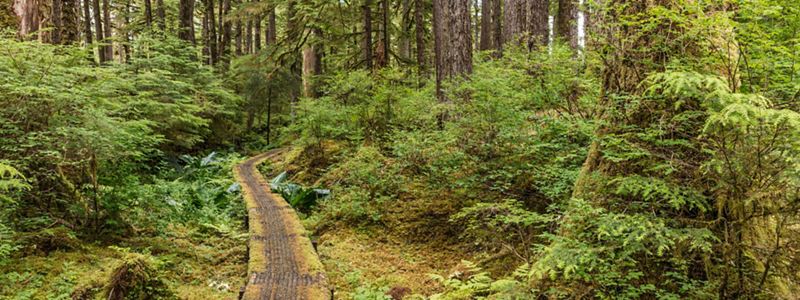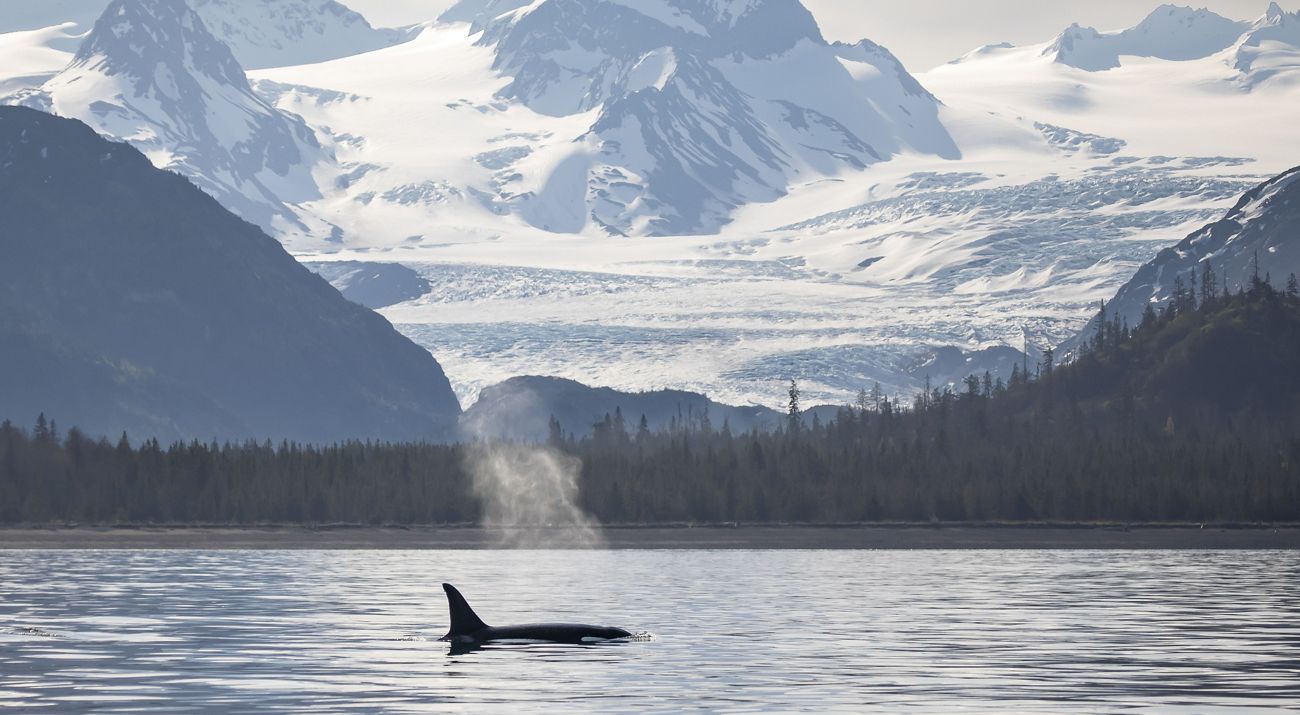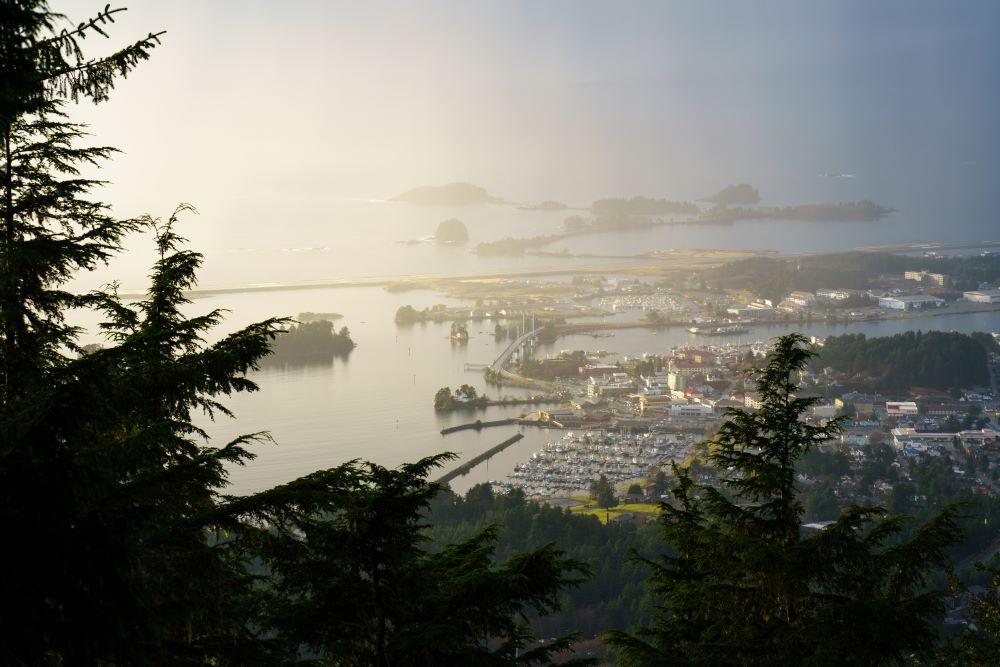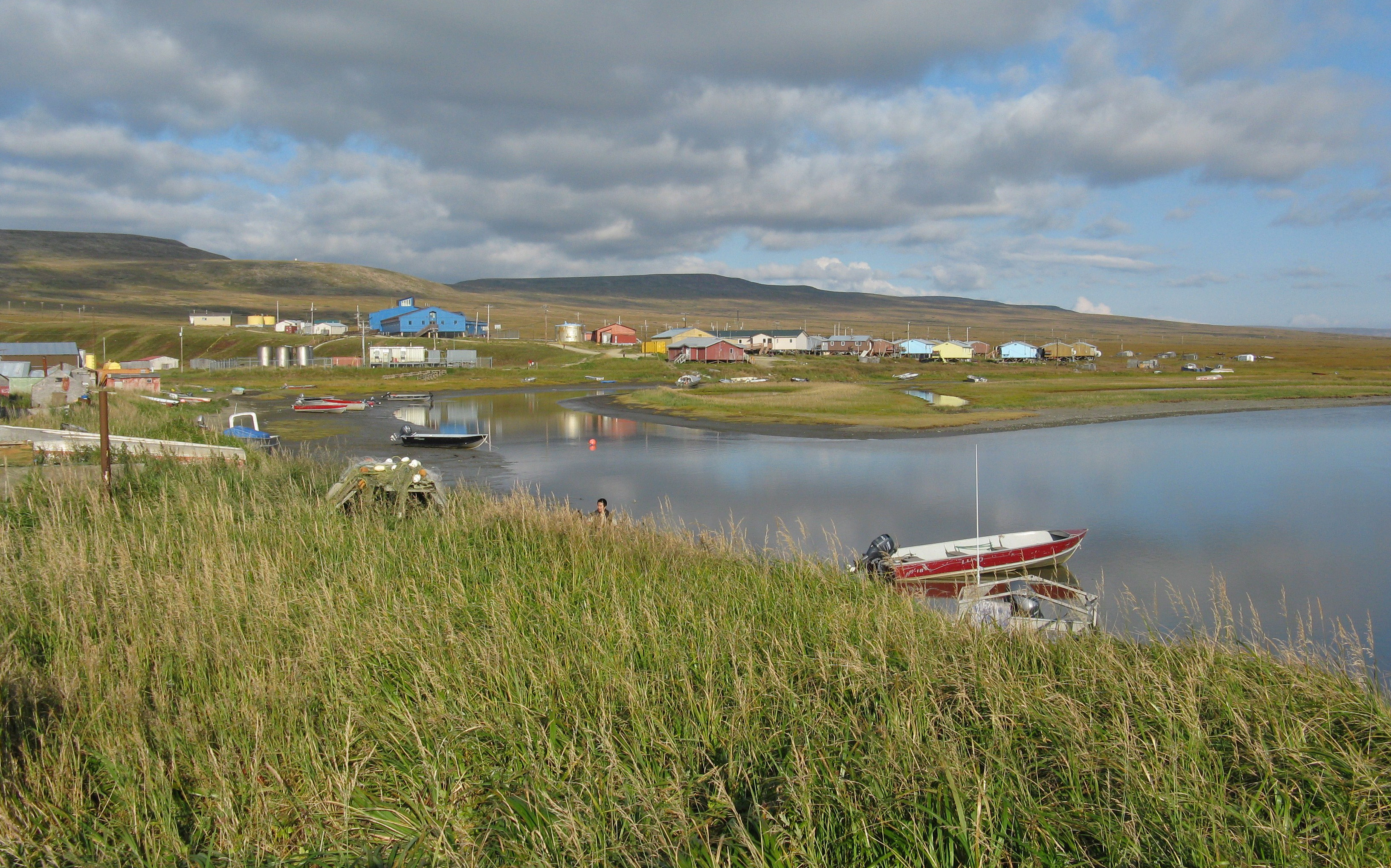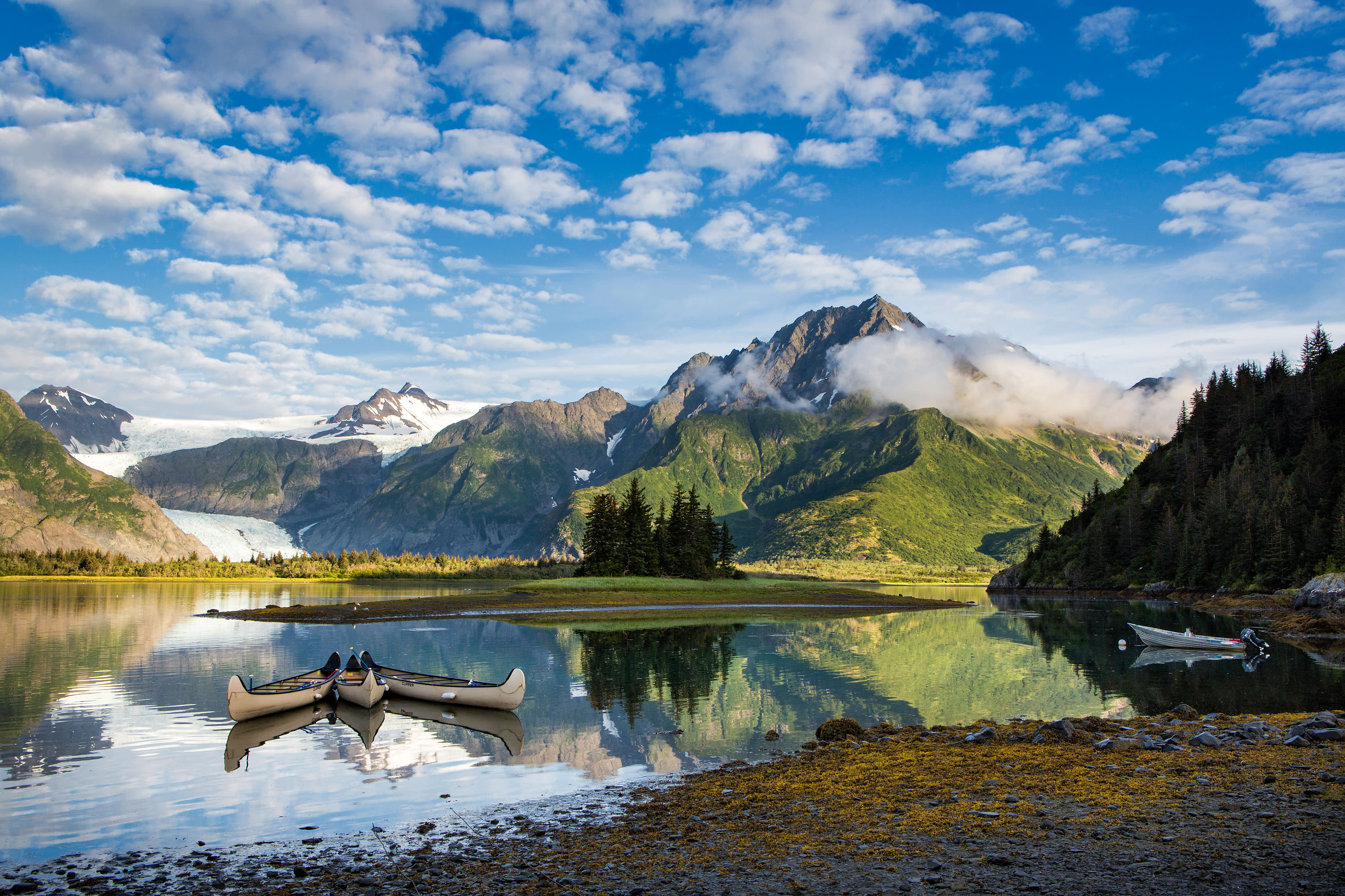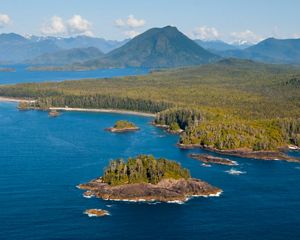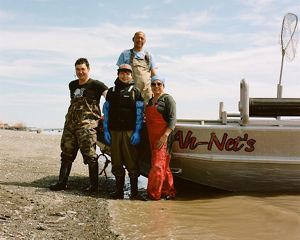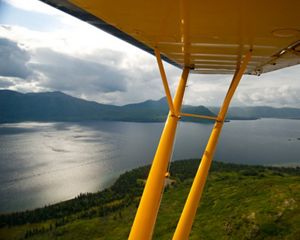Make a Difference in Alaska
Alaska represents all we know and love about nature. Even for those who’ve never been here, there is a sense of comfort in the mere knowledge that a place so massive and rugged exists. Unlike anywhere, Alaska offers opportunities to make a globally significant conservation impact while protecting some of the greatest natural resources in the world.
Our Priorities
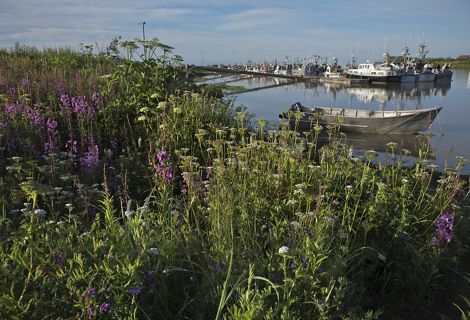
Bristol Bay
The Nature Conservancy in Alaska has worked in Bristol Bay for more than 30 years, helping support regionally led efforts to oppose the Pebble Mine, protect salmon, uplift Indigenous stewardship and improve climate resilience.
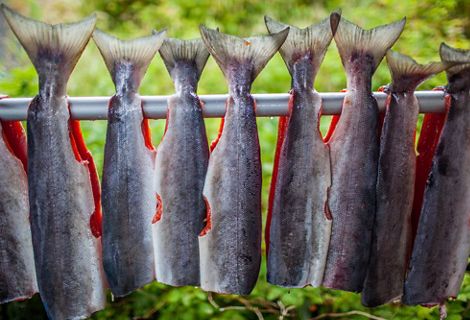
Southeast Alaska
With its rich biodiversity, cultural heritage and collaborative land management, Southeast Alaska exemplifies how ecological health and community well-being can thrive together.
Alaska’s Conservation Opportunity
-
63%
of the wetlands ecosystems in the U.S.
-
40%
of the U.S. freshwater supply
-
50%
of the terrestrial carbon in the U.S.
-
95%
of the nation’s wild salmon harvest
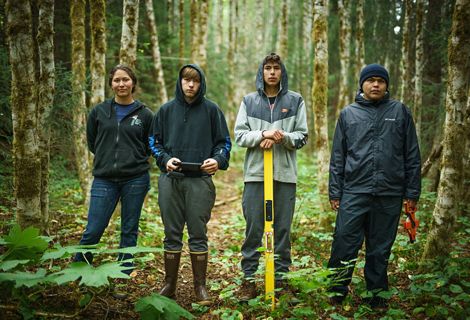
Partnerships
Our partnerships with rural and Indigenous communities in Alaska are grounded in The Nature Conservancy’s Voice Choice Action Framework, which is based on the United Nations Declaration on the Rights of Indigenous Peoples.
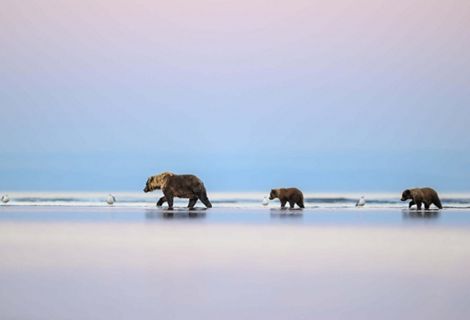
Policy
We work across borders and across sectors to protect the lands and waters on which all life depends. We stand committed to a nonpartisan approach.
Download
Find out how TNC is working to ensure the state’s wild lands, waters, wildlife and salmon remain vibrant for future generations in Alaska!
DOWNLOADWe Can’t Save Nature Without You
Sign up to receive monthly conservation news and updates from Alaska. Get a preview of Alaska's Nature News email
